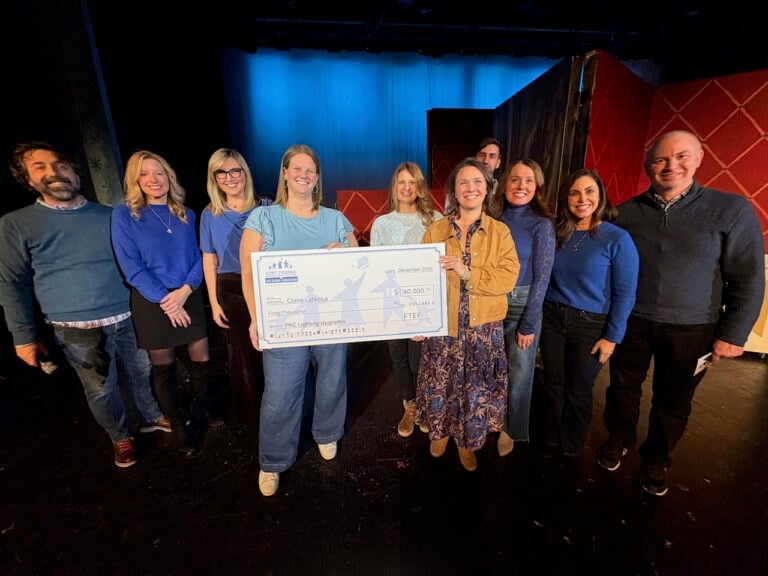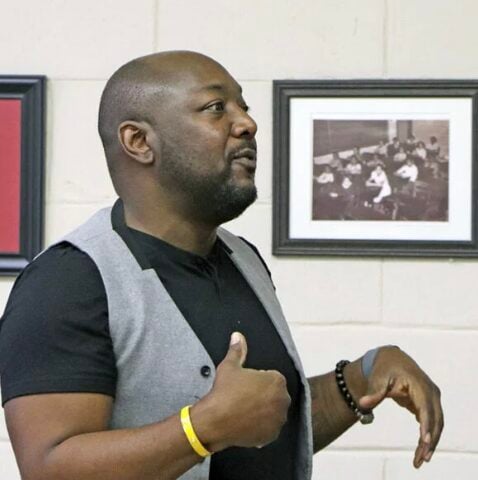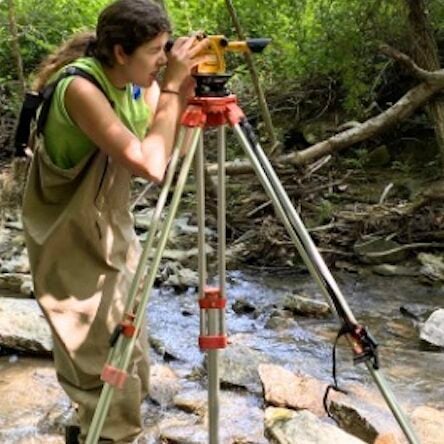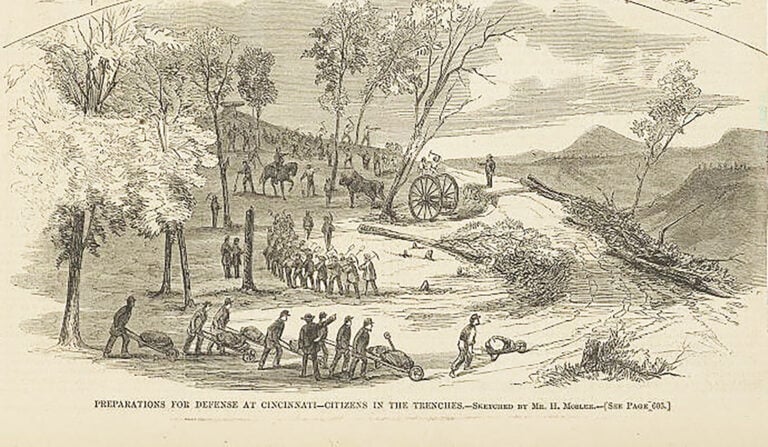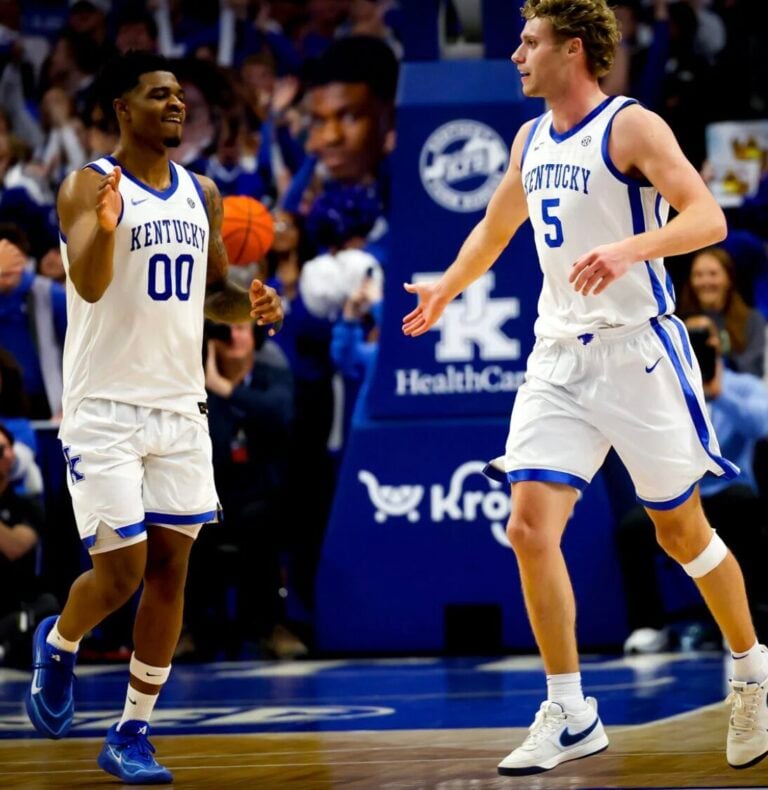Legislation authorizing the Kentucky Lottery to begin selling a game of chance based on live horse racing has cleared the Senate Committee on Licensing, Occupation and Administrative Regulations.
Senate Bill 74, sponsored by Sen. Julie Raque Adams, R-Louisville, could pave the way for Kentucky to become the first state to sell EquiLottery tickets. It is like most lottery games, except the winning numbers are determined by the outcome of a horse race and not by ping pong balls falling randomly down a chute.
“I’ve never bought a lottery ticket in my life but maybe if it is tied to the given results of a horse race I might. — Majority Floor Leader Damon Thayer, R-Georgetown, co-sponsor of the bill
For the EquiLottery to remain a pure game of chance, players cannot pick their own numbers. They are randomly picked by a computer, known as a “quick pick” in the lottery industry.
“I’ve never bought a lottery ticket in my life but maybe if it is tied to the given results of a horse race I might,” said Majority Floor Leader Damon Thayer, R-Georgetown, a co-sponsor of the bill. “For decades now, horse racing, which is regulated by government, has had to compete with the state government and seen its market share declined because of … the proliferation of the lottery long before there were casinos.”
He called EquiLottery an innovative idea to “marry” horse racing and lotteries.
EquiLottery developer and CEO Brad Cummings told senators the winning numbers in EquiLottery would be determined by one horse race a day, preferably from a Kentucky track. It will not be based on past horse racing results. EquiLottery has developed an application, or app, for mobile phones that will allow players to watch the horse races that will determine the winning EquiLottery numbers.
EquiLottery tickets would cost the player $2 per bet and it would revolve around a particular existing racetrack bet like a trifecta, with the winning numbers at the track the same as the winning lottery numbers.
Of the $2 lottery play, $1 would go to the lottery corporation.
The remaining half would go into the track’s parimutuel pool, with the track taking its customary cut or takeout rate. The lottery winner would receive whatever the exotic wager pays in the track plus a bonus payoff that would be determined by how many lottery players hit the bet.
Sen. Tom Buford, R- Nicholasville, asked how much money EquiLottery will make if the bill becomes law. Cummings said his company hasn’t signed a contract with the Kentucky Lottery Corp. but estimated the company stands to make $250,000 to $500,000 per year.
Variations of the proposed game of chance are played in France and Sweden, but nothing like it has been tried in North America.
“I know Cummings is speaking with other regulatory bodies around the country,” Thayer said. “It is my firm belief when it comes to matters of horse racing that Kentucky should lead.”
Sen. Joe Bowen, R-Owensboro, predicted EquiLottery would be a success.
“A lot of people are going to play just by the emails I have received alone,” he said. “If all those people go buy a lottery ticket, it is going to do pretty well.”
Cummings said tracks would benefit by new money flowing into the betting pools from those who otherwise wouldn’t bet on racing.
Among the horse racing industry groups that spoke in favor of the bill was the Kentucky Thoroughbred Owners and Breeders Association.
“We see no downside as far as thoroughbred racing is concerned,” said Chauncey Morris, the executive director of association.”
SB 74 now goes to the full Senate for consideration.
From Legislative Research Commission








